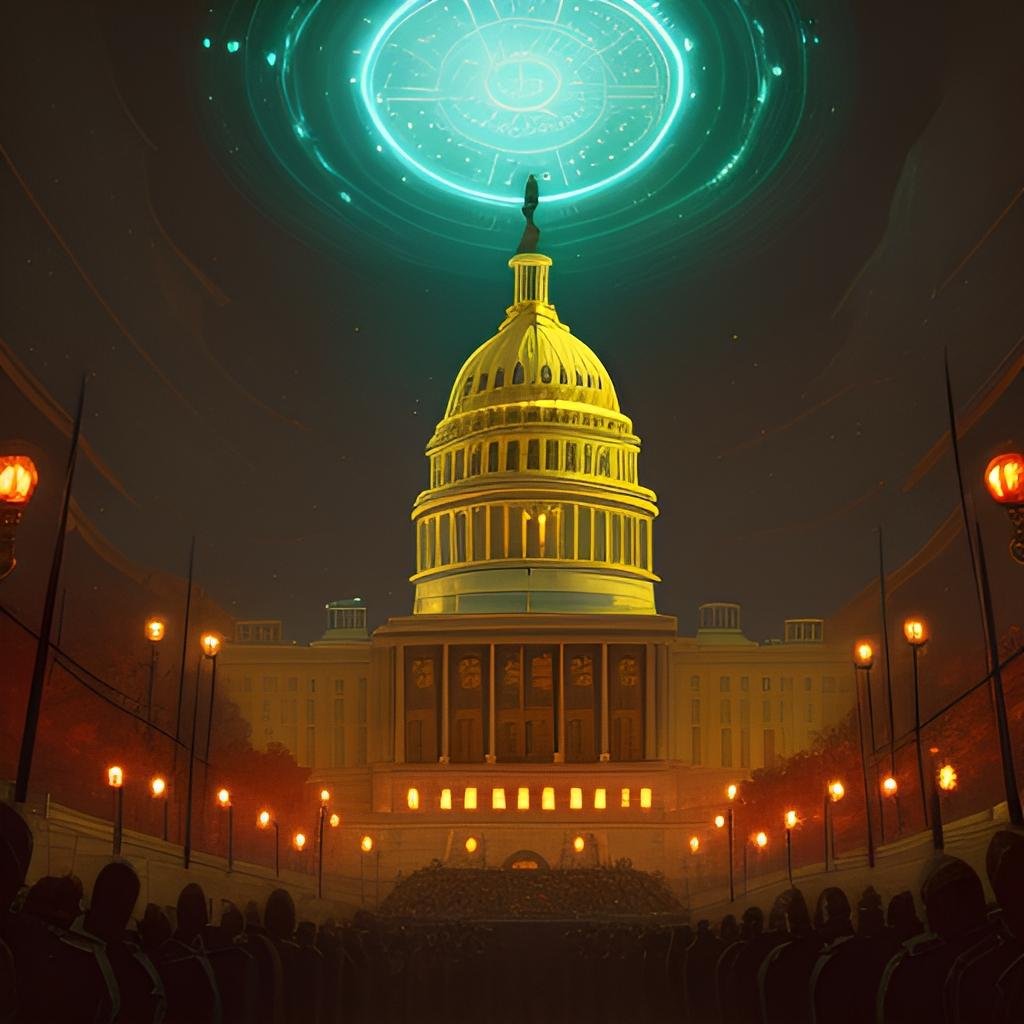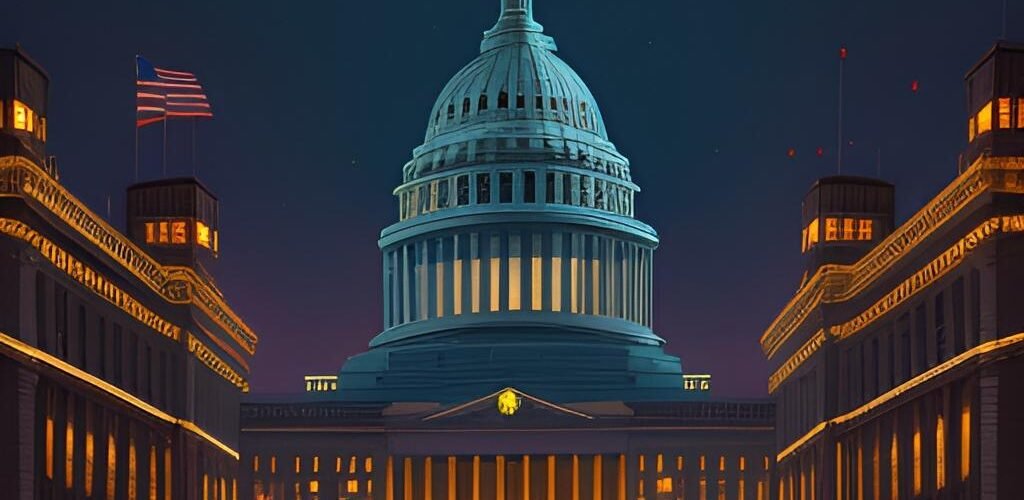The concept of a dress code in professional environments is not new, nor is it exclusive to politics. Various institutions and industries across the globe have embraced this practice for centuries.
However, a recent controversy involving Pennsylvania junior United States Senator John Fetterman (D) and his disregard for the Senate’s dress code during a session has sparked a debate about whether a dress code is important or irrelevant for members of Congress.
Yesterday, the United States Senate unanimously passed a resolution late Wednesday formalizing business attire as the proper dress code while on the floor of the chamber.
The new written rules require men to wear a coat, tie, and a pair of slacks for men. The resolution does not detail dress codes for women members.
John Fetterman & The Archaic Dress Code
During a Senate session, Fetterman was seen ignoring the chamber’s dress code, much to the chagrin of some traditionalists. Rather than the expected business attire of his colleagues, he donned a casual outfit, starkly contrasting with the formal wear of others.
This “rebellious” act has sparked national scrutiny and debate across social, print, and digital media platforms.
Proponents of the dress code argue that it upholds the sanctity, professionalism, and seriousness associated with one of the highest offices in U.S. politics, I call bull sh$t. The Congress, they argue, it’s a representation of the American democratic ethos and values, which must be projected with the utmost dignity and seriousness.

This is the good ol’ boys protecting the good ol’ boys precedence at all costs because in all seriousness “they” don’t want to see somebody go in there in jeans, no belt, a white T-shirt, and a fitted hat with Jordans which would more than likely be a person of color, which would be a the greatest fear at least for some.
Undeniably, a dress code can instil a sense of professionalism and seriousness. However, does the failure to adhere to such a code signify a lack of commitment or disrespect? Absolutely not!
Dress codes are largely symbolic, reflections of historical desire for formality rather than any measure of a person’s ability or dedication. That a member of Congress chooses to wear a suit or a pair of jeans should not detract from their perceived competence or dedication to their duties.
Fetterman’s choice to disregard the Senate’s dress code was not an act of rebellion but an affirmation of his genuine character like him or not, it’s relatable, non-elitist, and grounded.
Dress Like Me?
It is no secret that many Americans, especially those in marginalized communities, feel increasingly alienated from political institutions.
The ostentatious trappings of elitist power embodied in the formal dress code can create a perceptual chasm between the politicians and the people they represent. By deviating from the norm, Fetterman seems to be bridging this gap.
Moreover, adhering strictly to the traditional dress code may impede Congress’s ability to reflect the changing demographics and progressive ideologies of contemporary American society.
Millennials and Generation Z are taking on greater roles in political and social life, bringing with them liberal views on a range of issues, including fashion and personal expression. Hence, isn’t it time Congress embraced these values in its dress code?
Thus, the argument for maintaining a strict dress code in Congress rests on weak grounds of tradition and symbolism, which are ultimately subjective, open to change and evolution over time.
Not only is a formal dress code unimportant in assessing a Congress member’s competence or commitment, but it can also distance politicians from the very citizens they represent, exacerbate socio-political divisions, and hinder Congress’s progression towards newer generations and ideologies.
My Take
The controversy surrounding Pennsylvania Senator John Fetterman’s appearance ignites a much-needed conversation about the role of dress codes in Congress. The adherence to or deviation from such norms should not be a measure of professionalism or ability. Rather, it is time for Congress to shed its archaic and elitist dress code and embrace a diverse and inclusive representation of the American populace.
